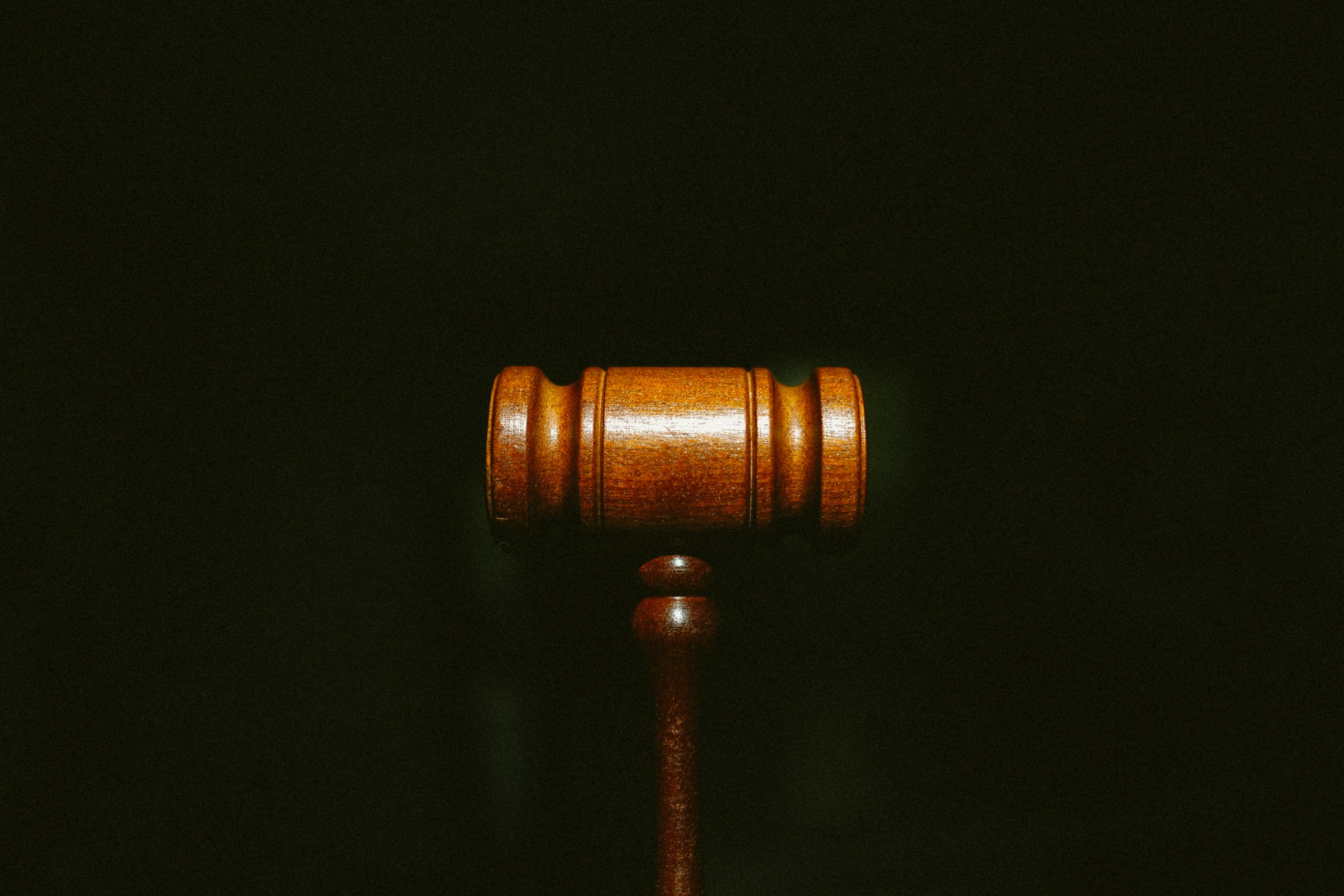TRANSLATION FOR THE PHARMACEUTICAL INDUSTRY: PRECISION AND REGULATION
The globalization of the pharmaceutical industry has made translations for the pharmaceutical industry a key piece for the success of any company looking to market its products internationally. From the translation of leaflets to clinical trial protocols, each document must be handled with utmost precision to ensure patient safety, regulatory compliance, and efficiency in the distribution of medications.

THE IMPORTANCE OF PRECISION IN TRANSLATIONS FOR THE PHARMACEUTICAL INDUSTRY
Translations for the pharmaceutical industry require not only linguistic skills but also a thorough specialization of the translator in the area. In-depth knowledge of medicine and pharmacology as well as of the regulatory context is necessary to ensure a quality translation.
Let’s not forget that an error in the translation of a drug label or leaflet can have serious consequences, from affecting the health of the individual to sanctions for regulatory non-compliance. Regulatory bodies, such as the EMA in Europe and the FDA in the United States, demand that leaflets and labels be available in the official languages of the countries where the products will be marketed, so translation for the pharmaceutical industry is essential.
FREQUENT DOCUMENTS IN TRANSLATIONS FOR THE PHARMACEUTICAL INDUSTRY
It has already been mentioned above that the regulations of some countries require the translation of drug leaflets and labels into the language of the country where they are to be marketed. Moreover, there are other documents that are normally translated in the pharmaceutical industry, such as clinical trial protocols, technical data sheets intended for health professionals, or documents related to regulations and regulatory matters.
REGULATORY COMPLIANCE IN TRANSLATIONS FOR THE PHARMACEUTICAL INDUSTRY
Regulatory bodies, such as the EMA and the FDA, have strict requirements on the documentation that must be submitted in the local languages. This includes not only legal texts but also user guides and safety reports. Companies that do not comply with these regulations may face fines, delays in product approval, or even the withdrawal of their products from the market.
Moreover, regulatory compliance also involves ensuring that translations are culturally appropriate. This is especially important in countries with significant cultural differences, where certain terms or expressions may be interpreted differently.
BENEFITS OF TRANSLATIONS FOR THE PHARMACEUTICAL INDUSTRY
The pharmaceutical industry can benefit significantly from resorting to professional translation services specialized in their sector:
- Accurate translations minimize errors that can compromise patient safety and therefore the reputation of companies.
- Complying with the regulations of each country minimizes possible sanctions or delays in the product’s market entry.
- Translations for the pharmaceutical industry allow companies in the sector to access new markets and expand globally.
- The translation of typical documents in the pharmaceutical industry results in greater consumer confidence in the company that manufactures them.
Conclusion
Translation for the pharmaceutical industry are essential to ensure safety, regulatory compliance, and commercial success of the products. In an industry where every word matters, investing in specialized translators and in rigorous review processes is not only advisable but essential.



